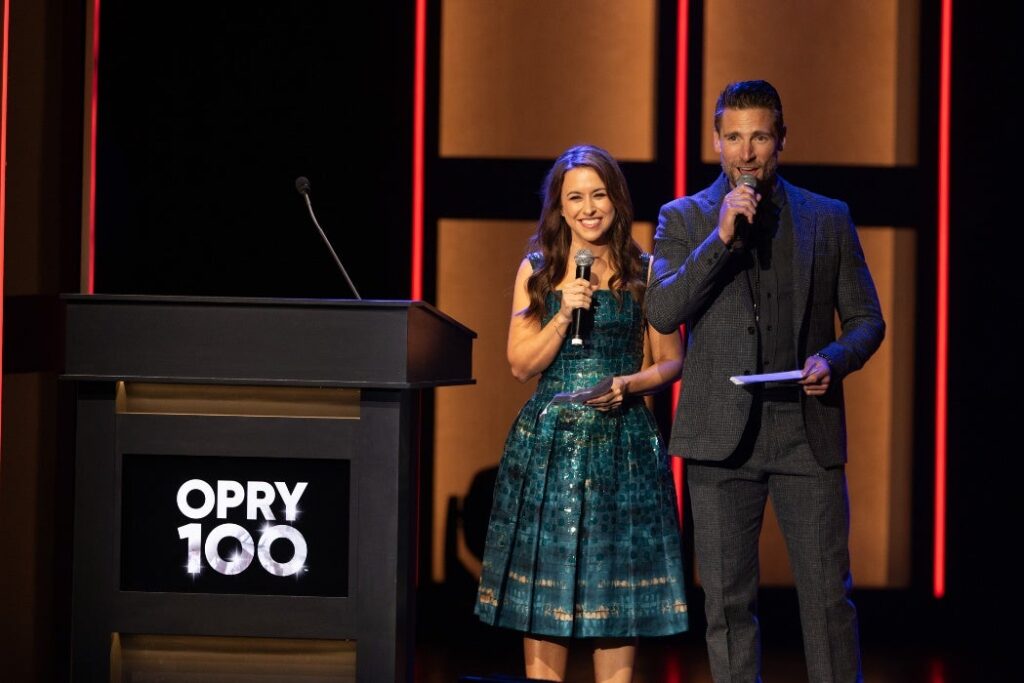Is the Internet spawning a nation of jaded super-consumers who feel more empowered and at the same time more bored? Recent studies from various sources seem to be pointing in that direction.
Nearly two-thirds (64%) of respondents to the Yankelovich Monitor agreed that “the single most important change created by the Internet is giving consumers like me control, as opposed to marketers having all the control.” About the same number (65%) said that having personal computers changed their lives for the better.
Nine out of 10 Yankelovich subjects reported feeling “much more knowledgable and powerful” about their purchases than ever before, compared with only about two-thirds of people who said they felt more in charge as shoppers when polled by the Norwalk, CT, researcher in the mid-1980s.
“The Internet is empowering. It puts consumers in the driver’s seat, and they are starting to take the wheel,” says Steve Kraus, a partner at Yankelovich, which constructs the Monitor from in-depth interviews of a sample of 2,500 Americans. The company claims the Monitor is the longest continually running study of consumer attitudes in the nation.
The Internet, adds Kraus, “has allowed consumers to create their own options, buy what they want, when then want, and in fact be who they want.”
As a result, the ranks of the empowered grow ever larger. From ’98 to ’99, Yankelovich marked a 100-percent increase in consumers who purchased products or services online, a 54-percent rise in online shopping, and a 44-percent increase in people making financial transactions via the Web.
The numbers are bound to keep increasing, for while consumers continue to have reservations about making transactions online, they are not experiencing many difficulties when they do. CIO Magazine interviewed 300 consumers and 200 executives and found both groups held similar fears about e-commerce. At the same time, only small percentages of the two groups reported seeing their nightmares come true.
Three-quarters of consumers and 59 percent of executives said they feared fraudulent credit card use. But only six percent of consumers and 10 percent of business people said they experienced misuse of their credit cards online (see tables).
NET-SCAPISTS
The wide-open road that is the World Wide Web is affecting consumers’ media habits, and will probably cause marketers to go to greater lengths to reach them. BBDO New York recently completed a study of consumer attitudes on television, radio, newspapers, magazines, and the Internet. A key finding: The Internet is replacing television as the medium for escape.
In its survey report, the advertising network’s recommendation for Internet advertisers and promoters was to “be sure that their messages play to consumers’ desire for mental stimulation and escape.”
The 1999 Yankelovich Monitor had 71 percent of Americans saying they would welcome more change and novelty in their lives. More thana third (36%) said “I need to go places that are so different from my daily experiences that they feel like make-believe.” Both of those percentages represented significant increases from the previous year’s survey.
“Just a click away from foreign countries, live open-heart surgery, and real-time trading, the Internet helped create and fuel this phenomenon,” says Kraus. “We have developed a tolerance to remarkable events. It takes more and more stimulation to generate a sense of excitement.”
Marketers will be at the top of the list of those expected to provide that stimulation.
Nine out of 10 online shoppers got Scrooged this year and complained about out-of-stocks, late delivery, high fees, and other problems. Eighty-eight percent abandoned their carts, while 35 percent fled to other sites, reports Andersen Consulting, New York City. Still, offline shopping brought bigger complaints: Bricks-and-mortar satisfied only 60 percent of shoppers, catalogs 56 percent. Overall satisfaction online was 73 percent.



